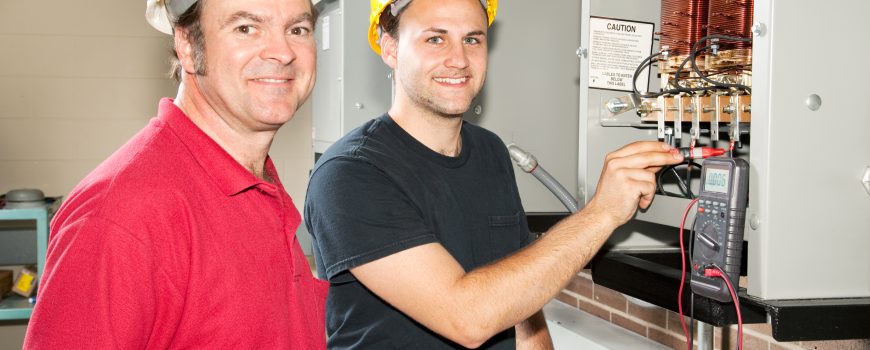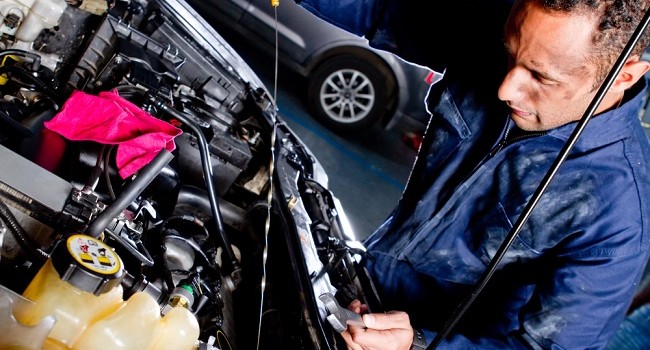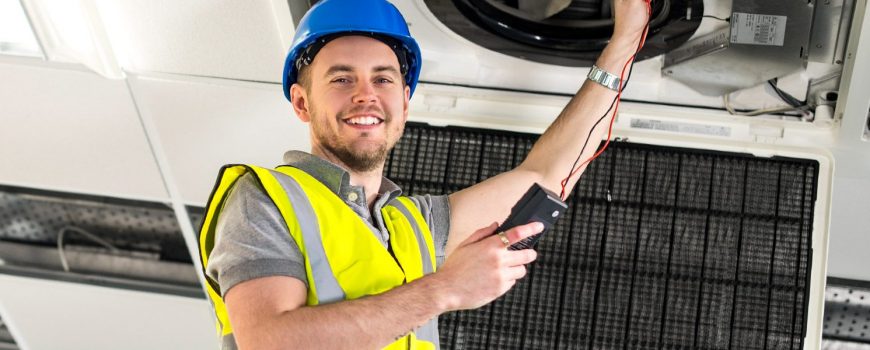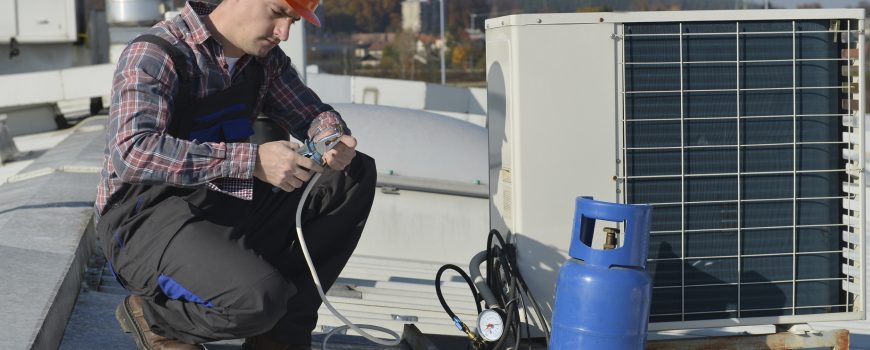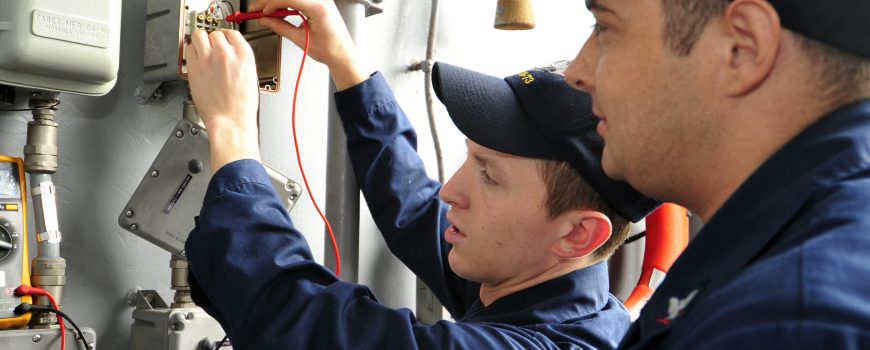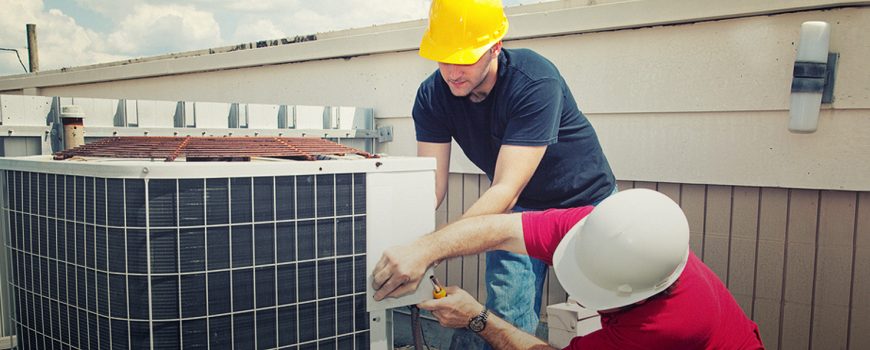HVAC Certification Training
Demand for certified HVAC technicians is on the rise across the United States. In fact, this expected industry growth is one of the major reasons that people decide to enter the field of heating, ventilation and air conditioning. However, as new technologies arise and HVAC systems change, it is becoming increasingly important for HVAC technicians to hold industry-specific certifications. Here we discuss how to select the right school for your HVAC certification training, as well as the two of the top HVAC certificates available.
Getting Your HVAC Training
Before you sit for any certification exam, it is a good idea to attend an HVAC trade school. A formal education from a reputable institution will significantly improve your chances of passing the exam the first time. But when it comes to picking the right HVAC school for you, there is one VERY important thing to consider:
Is The School Accredited?
A school is “accredited” if it has proven that it meets the standards of a respected third-party accrediting body. Examples of such organizations include the Accrediting Council for Continuing Education and Training (ACCET) or the Accrediting Commission of Career Schools and Colleges (ACCSC).
These accrediting bodies review schools for their quality of their training programs, their equipment, their instructors, their graduation rates, and their job placement rates. Schools that do not have their accreditation are not held to any of these standards. So when it comes to picking an HVAC school for your training, make sure it is accredited!
Types of HVAC Certifications
There are a number of HVAC certifications that one might choose to test for. Below are two of the top certifications in the HVAC industry.
HVAC Excellence Certification
HVAC Excellence Certifications are intended to improve competency through validation of the technical education process. The two most prestigious certifications offered by HVAC Excellence are the “Professional Level” and the “Master Level”.
In order to qualify for the Professional Level, individuals must have at least two years of experience in the field and receive a passing score on the Core Exam. For those who want to take their certification to the next level, HVAC Excellence offers the Master Level.
The Master Specialist Hands-On Certification is the highest credential that an HVAC field technician can achieve. To qualify for this prestigious certification, one must have at least three years of experience in the field and they must already have their Professional Level Certification.
EPA 608 Certification
Another highly regarded certification that can be obtained by HVAC technicians who wish to distinguish themselves in the field is the EPA 608 Certification.
What is the EPA 608 Certification? Sometimes HVAC technicians are required to handle refrigerant on the job. Refrigerant is a substance that is used in cooling systems, which HVAC techs frequently work with. It is also a potentially hazardous substance that requires careful handling. As a result, the Environmental Protection Agency (EPA) requires any technician who works on stationary air conditioners and refrigeration systems to be EPA 608 certified.
There are a total of four EPA 608 certifications and a technician might need one or several depending on the type of work they do.
HVAC Technician Training at ATI
Now that you know a bit more about the top industry certifications in the HVAC industry as well as what makes a quality HVAC school, you should learn a bit more about the HVAC certification training we offer here at ATI! Head over to our HVAC Program page and read up on what this course offers.
You can also give us a call to speak with an admissions representative, and you follow us on Facebook to stay up to date on program start dates and other news.





